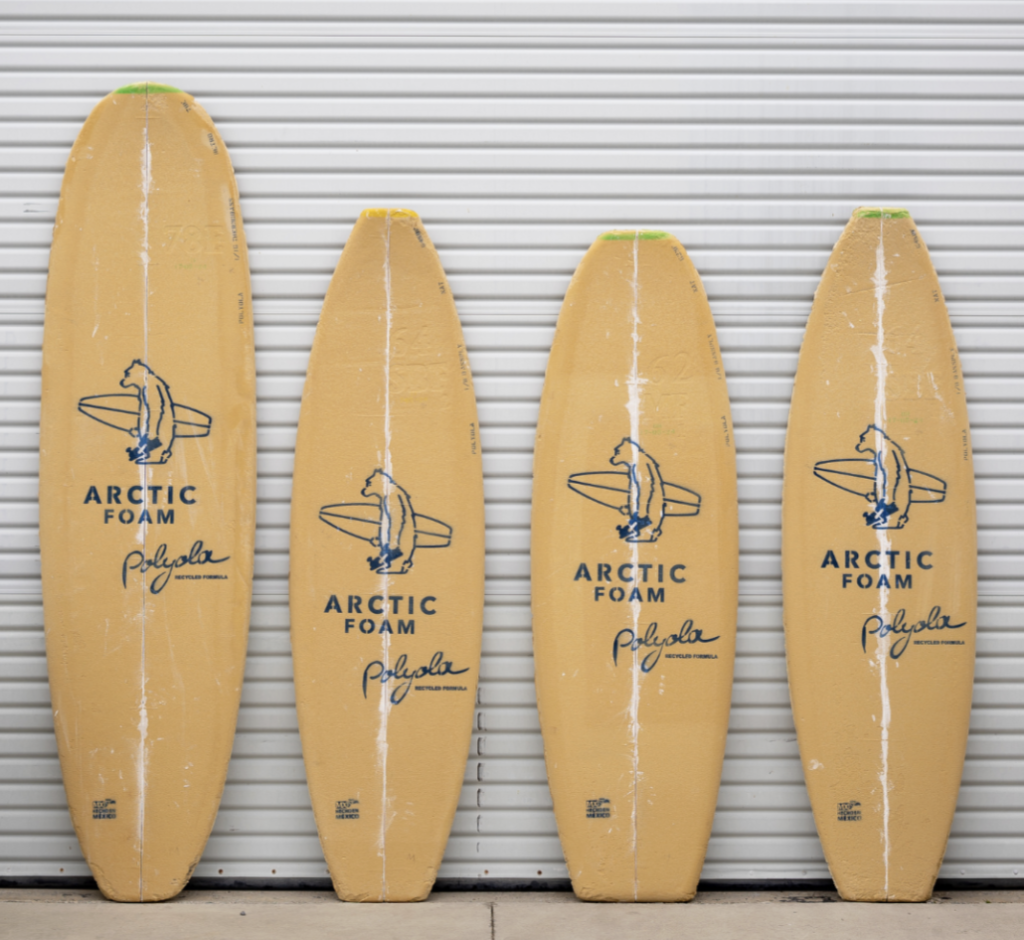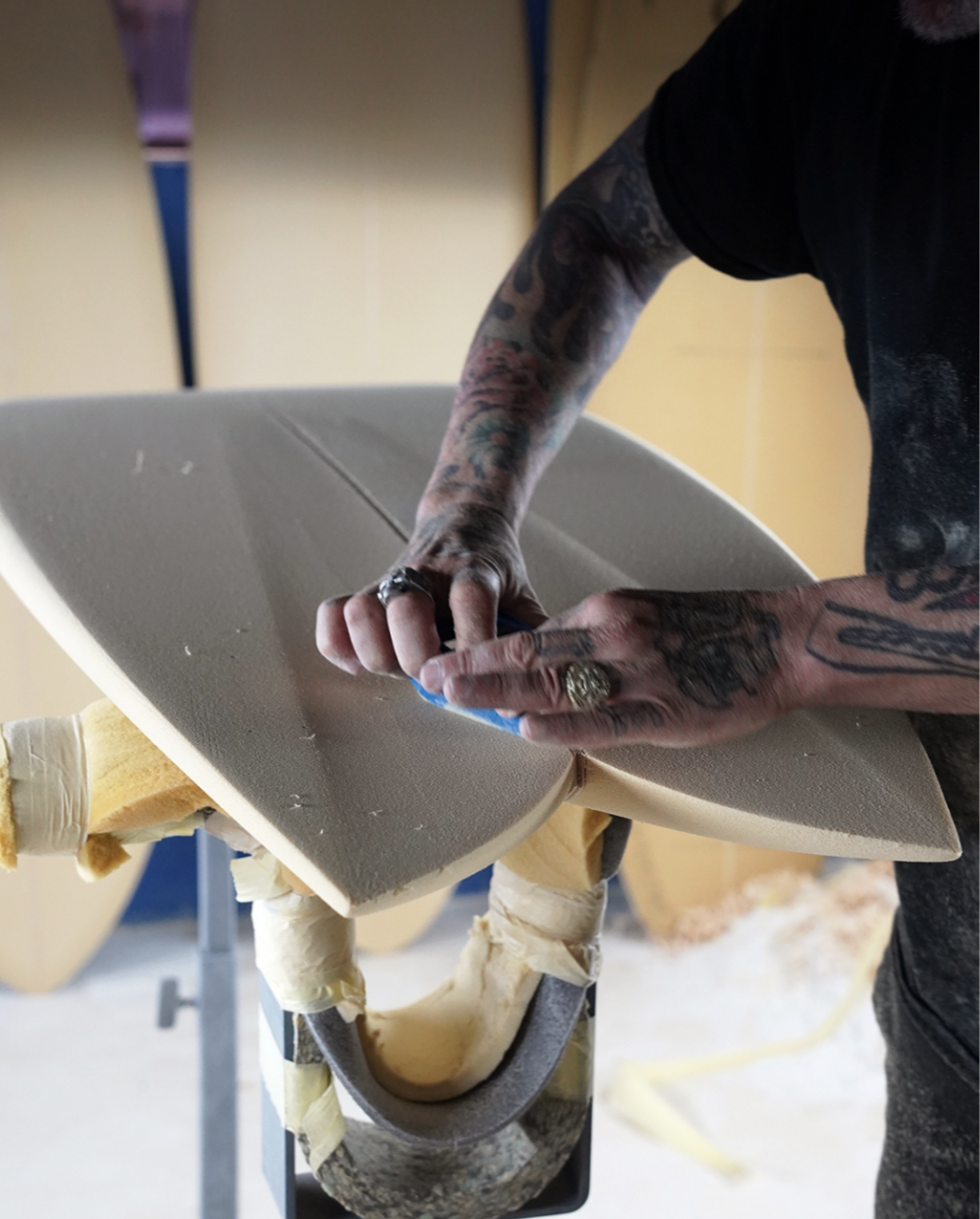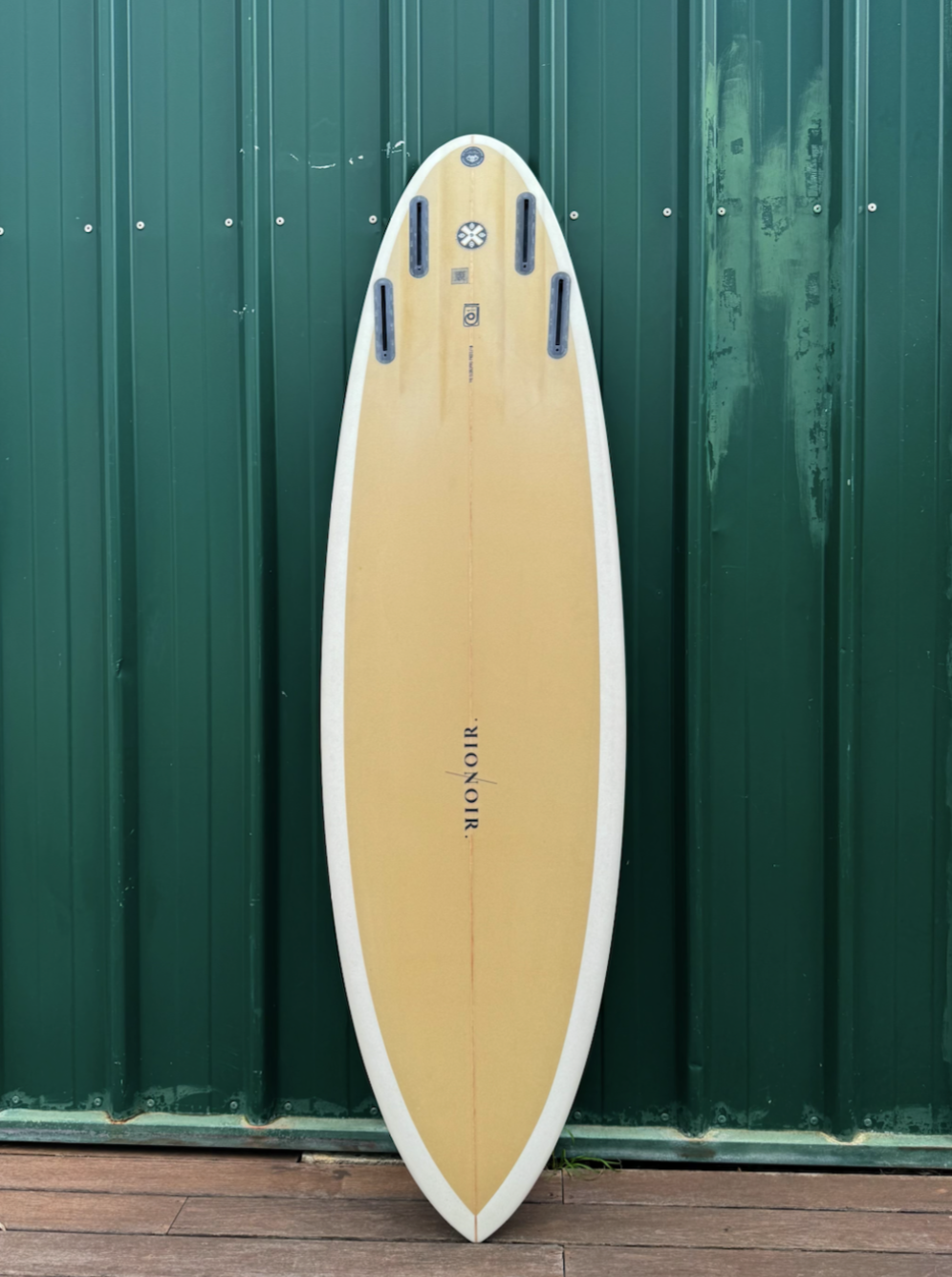From Packaging Waste to a High Performance Surfboard Blank
Polyola’s foam formula achieves a whopping 73% reduction in Carbon emissions
Intro by: Kevin Whilden
Q&A by: Tyler Fox
The objective of the Ecoboard Project is to help surfboard builders make better boards that have a reduced impact on the ocean and climate, without sacrificing performance and longevity.
To understand whether surfboard materials have a reduced impact, we use Life Cycle Analysis (LCA) to quantify the CO2 emissions of surfboard materials. This is the industry standard method to prove a climate benefit and move beyond greenwashing and unproven claims.
Lifecycle Analysis (LCA) of PU (polyurethane) foam made with Polyola™ materials
Our recent lifecycle analysis of PU foam made with Polyola materials, conducted in collaboration with the experts at Makersite, shows a 73% reduction in CO2 emissions compared to the industry standard PU foam used to make the majority of surfboard blanks on the market and qualifies Polyola foam as the only PU foam achieving Gold Level status.
Carbon footprint reductions this large are rarely seen in surfboard materials, and using Polyola foam is a fantastic starting point for making an Ecoboard using any type of resin. Boards using PE resin are eligible for Level One status, and Gold Level boards can be made by using a resin from our Qualified Materials list.
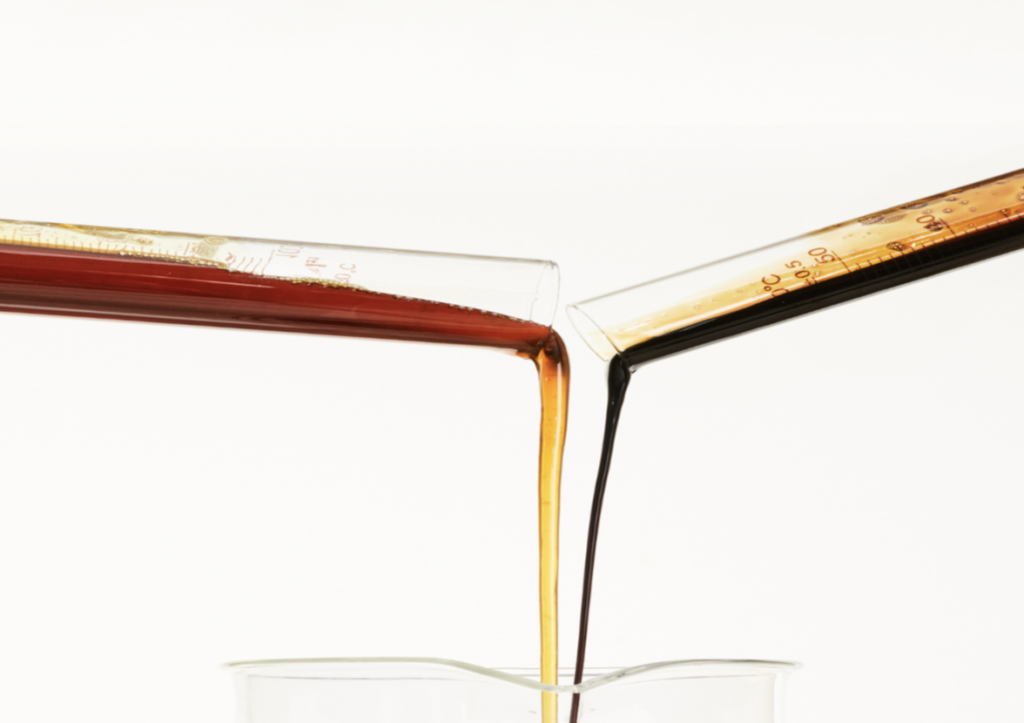
This significant reduction of C02 emissions is achieved by using recycled material from post-industrial waste streams instead using virgin fossil fuels. Both major components used to make polyurethane foam blanks (polyol and isocyanate) are made with recycled materials, comprising a total of 70% recycled content.
We’re stoked that Polyola blanks are now available in the USA through their partnership with Arctic Foam, one of the largest surfboard foam producers in the world. Board builders in Europe, the USA and elsewhere can build high performance surfboards using Polyola PU foam blanks.
Surfing Performance of Polyola Foam
Of course, having a reduced CO2 footprint isn’t the only important characteristic. The key question is whether the material performs as well as traditional materials. Improved sustainability doesn’t matter much if the material is hard to shape, isn’t durable, or has poor surfing performance.
Pro surfer, Miguel Blanco, recently had an entire quiver made from Polyola blanks at the Polen Surfboard Factory in Portugal and his feedback is that the surfing performance is excellent. Here’s a post from Miguel talking about his experience with Polyola. Shapers also agree that the Polyola foam is consistent and feels similar to other PU foams in terms of its density, weight and flexibility.
“I ride Polyola blanks because we are living in a crucial moment where we need to innovate and rethink the way we live. There are options on the market now where you can have a surfboard with the same performance attributes but with a drastically reduced carbon footprint.”
– Miguel Blanco (Seatrees Ambassador & Professional Surfer)
Check out Miguel’s newest video here.
Future of More Sustainable Materials
We applaud the commitment of Polyola founders, Aristide and Daniel, to innovate on more sustainable materials for polyurethane foam. It’s not easy to produce a surfboard blank which combines performance with sustainability.
This showcases one of the core goals of The ECOBOARD Project. Which is to provide recognition for innovation in more sustainable materials for surfboards. Since the program began in 2011, there are now 20+ surfboard materials that have gone through testing and approval by Sustainable Surf.
Additionally, Polyola is currently working on the world’s first bio-based polyester resin that will become available in 2025. We look forward to analyzing this material for potential verification when it arrives.
Questions by: Tyler Fox (Sustainable Surf’s Ecoboard Project Manager)

Q1: First off congratulations on this new partnership with Arctic Foam. What is the goal of this partnership and how exactly will it work?
Aristide: Thank you! We’ve been receiving a lot of interest and questions about this collaboration, and it’s great to share more details. The goal of this partnership is to make high-performance, environmentally responsible surfboard blanks more accessible worldwide. By working with Arctic Foam, we aim to combine our innovative material technology with their manufacturing expertise. At this stage, it’s impossible to innovate and create better-performing products without considering their environmental impact. Fortunately, Arctic Foam shares this same vision. They’ve been leading the way in creating surfboard blanks for the world’s top surfers over the past 20 years and have consistently strived to make their blanks and processes more sustainable. With this partnership, Polyola will supply the raw materials, and Arctic Foam will manufacture the Arctic Foam x Polyola™ blanks. Our shared ambition is to have the world’s best surfers using our foam, highlighting the performance and sustainability benefits that this collaboration brings to the industry.
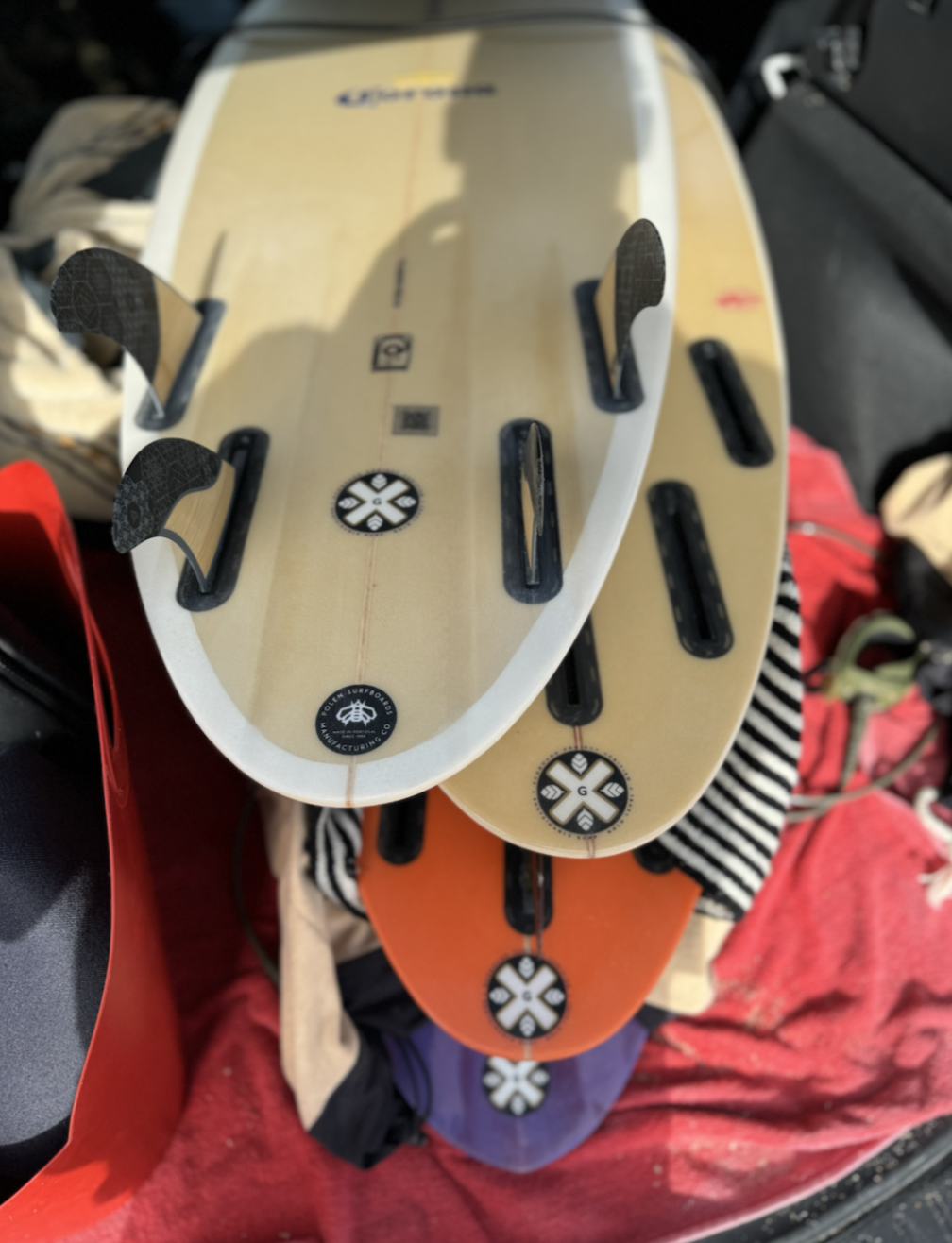
Q2: When you hear that your formula is able to produce high quality performance surfboard blanks with 73% reduction in carbon emissions. How exactly is that achieved?
Aristide: We achieve this reduction by rethinking how materials are sourced and manufactured. Instead of extracting virgin fossil fuels, which is energy-intensive and harmful to the environment, we recycle existing foam waste. For example, the polyol we developed is derived from post-industrial waste from the packaging industry. Our partners collect foam waste, which is then liquefied and converted into the polyol we use to produce surfboard blanks. Additionally, the isocyanate we use is largely based on waste feedstock as well. Both of our partners have developed low-energy processes to convert waste into valuable raw materials. This allows us to significantly reduce CO2 emissions compared to conventional PU foam production. Together with Makersite, an expert in conducting lifecycle assessments (LCAs), we analyzed the energy consumption and emissions during raw material production for traditional polyurethane foam and compared it with our process. The results were even better than we expected, further encouraging us to push forward with sustainable innovation.
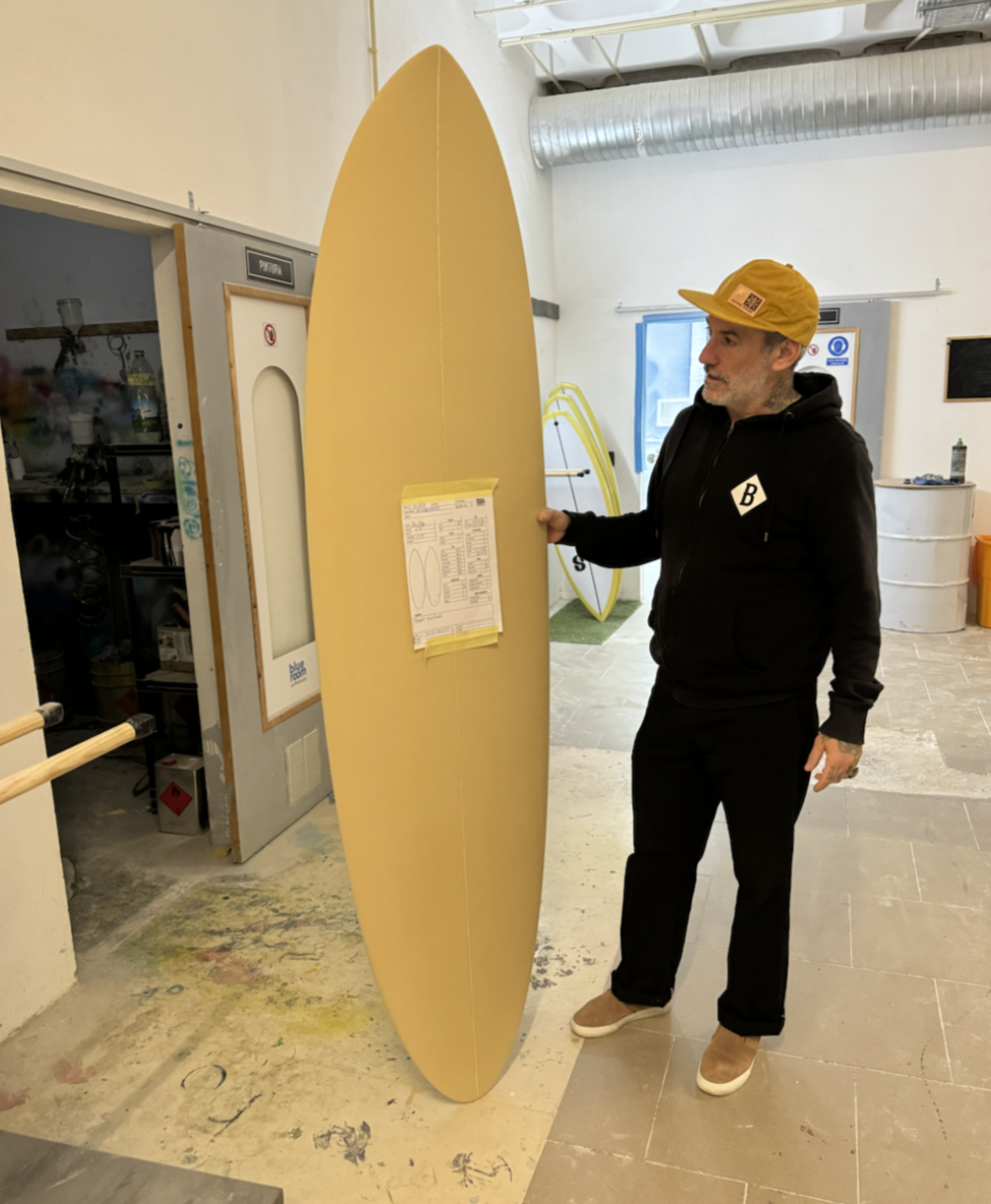
Q3: What sort of size and weight range will be available and how will the pricing compare to a more traditional PU blank?
Aristide: The complete Arctic Foam portfolio will be available with our materials and pricing will be very similar if not exactly the same.
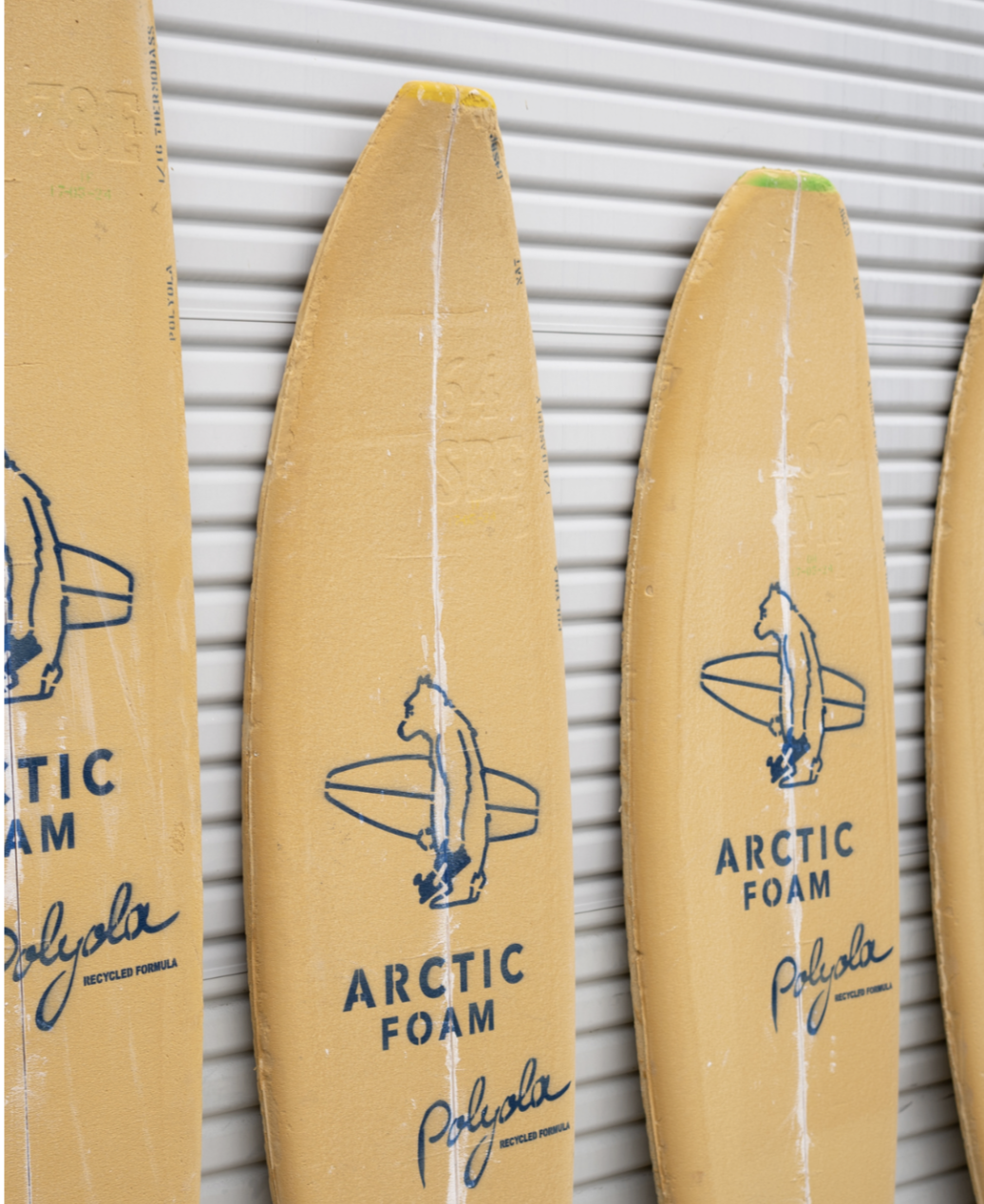
Q4: How can shapers get their hands on these new blanks? What sort of wait times are you looking at?
Aristide: Wherever you can get Arctic Foam you can get our blanks as well. Best to have a look at our distribution partners website which is constantly updated : https://www.polyola-surf.com/distribution-partners

Q5: Lastly, what do you say to all those people and board builders that simply don’t like the look of a board that isn’t bleach white? Is there any way to produce a blank that is white or do you people have to do resin tint and spray work to achieve a different look?
Aristide: I understand that the white color of surfboard blanks has been a quality sign for ever in the surfboard industry. Our aim was never to change the color but to create a superior PU blank using more sustainable processes. Due to the recycling methods we use, the liquids are naturally beige. For those who want a bright white finish, we recommend using a white spray or tint during the lamination process. Our foam works well with any color, so it’s easy to achieve any desired look. In the future, it might be possible to create recycled blanks in white, but as of now, this is the best solution available.
About polyola
Polyola, the first and only ingredient brand in the surfboard industry, is leading the charge towards a more sustainable future by developing environmentally responsible, high performance materials such as the world’s first recycled PU foam for surfboard manufacturing.
To learn more click visit:
